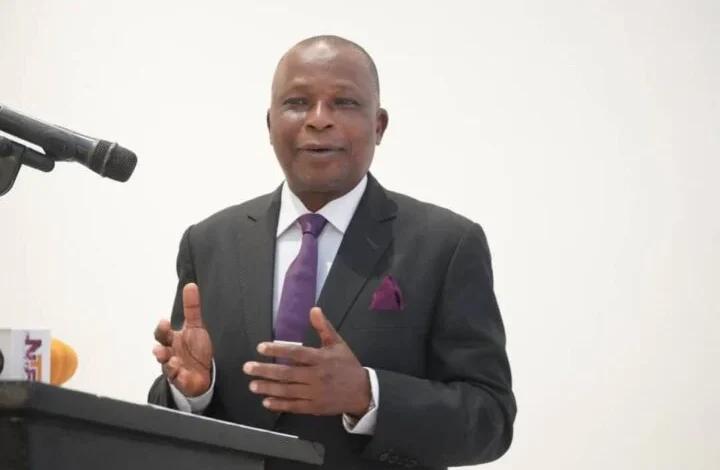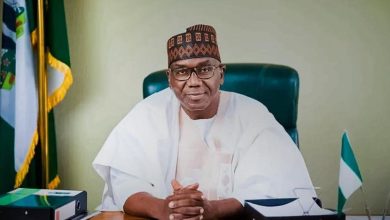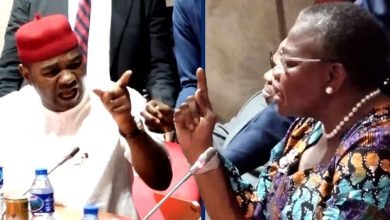BREAKING: AGF Alleges Governor Fubara is Orchestrating Militant Attacks on Rivers Pipelines

On Wednesday, Governor Siminalayi Fubara was charged by Attorney-General of the Federation (AGF) and Justice Minister Lateef Fagbemi, SAN, with teledirecting militants to destroy vital national infrastructure in Rivers State.
This statement was reportedly made by the AGF in support of President Bola Tinubu’s recent proclamation of a state of emergency in the state, which was justified by the current political instability.
Fagbemi asserted that the governor might have subtly supported the attacks in addition to failing to take action against the extremists.
He claimed, “Since we live in a democracy, the governor has now engaged in what I will refer to as telegraphing the militants.” He started by saying, “Oh, he will let them know when it was time to act to the militants,” which is why I stated that.
“Did he come out to disown them?” the AGF said, going on to question whether the governor had ever separated himself from the extremists’ conduct. No, is the response. A week later, they took action, and you can see or observe oil pipelines being vandalized.
Given that Nigeria is mostly dependent on oil exports, Fagbemi also underlined the significance of safeguarding the country’s oil infrastructure.
Fagbemi emphasized the seriousness of the attacks on such vital national resources by saying, “Anyone who touches the pipeline is not only an enemy of Rivers but also of Nigeria.”
Read Also: Just In: When Rivers Sole Administrator Ibas Is Expected to Replace Fubara
The AGF claimed that the Supreme Court’s ruling served as the legal basis for President Tinubu’s move and connected it to the declaration of state of emergency.
Fagbemi claims that Fubara, his deputy Ngozi Odu, and members of the Rivers State House of Assembly had to be suspended due to the political unrest in the state, namely the governor’s and the legislature’s incapacity to provide a stable environment for governance.
Speaking to those who criticized the president’s prompt action, Fagbemi denied claims that the declaration of a state of emergency was made in a hurry.
“While others were dying, people were living in fear,” he said, adding that the unique circumstances called for such an extreme response.
Additionally, he dismissed analogies to earlier Supreme Court decisions on comparable declarations of state of emergency, arguing that the circumstances in Rivers State were distinct and necessitated prompt action.
The AGF concluded by saying that Rivers State’s declaration of a state of emergency also acted as a warning to other states.
He hinted that if comparable political unrest and security issues emerged in other parts of the nation, the government might apply harsher penalties.





